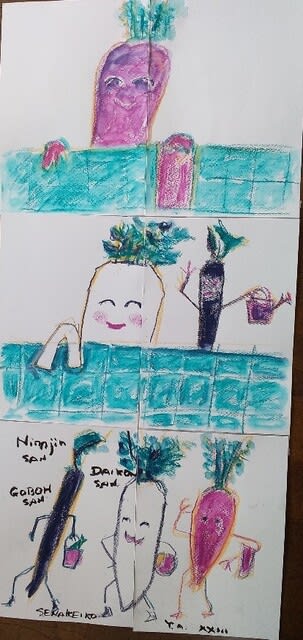======
朝日記241028 その2 目次 「翻訳 意識のハードプロブレム」

朝日記241028 その8 「翻訳 意識のハードプロブレム」
Reference 31 to 40
( each number below is read with count plus 30, for instance number 2 below is 32)
- ^ Jump up to:a b c d Nagel, Thomas (October 1974). "What is it like to be a bat?". The Philosophical Review. 83 (4): 435–450. doi:10.2307/2183914. JSTOR 2183914. S2CID 49125889.
- ^ Jump up to:a b Chalmers, David (January 1997). "Moving forward on the problem of consciousness". Journal of Consciousness Studies. 4 (1): 3–46.
- ^ Jump up to:a b c d Chalmers, David (2020). "Is the hard problem of consciousness universal?" (PDF). Journal of Consciousness Studies. 27 (5–6): 227–257. Retrieved 22 February 2022.
- ^ Locke, John (1722). The works of John Locke: in three volumes. Vol. 1. London: Printed for A. Churchill, and A. Manship, and sold by W. Taylor in Pater-noster-Row. p. 293.
- ^ Leibniz, Monadology, 17, as quoted by Aranyosi, Istvan (2004). "Chalmers's zombie arguments" (PDF) (draft ed.). Central European University Personal Pages.
- ^ Mill, John Stuart. A System of Logic (1843), Book V, Chapter V, section 3
- ^ Huxley, Thomas Henry; Youmans, William Jay (1868). The elements of physiology and hygiene: a text-book for educational institutions. New York: D. Appleton and company. p. 178.
- ^ Arnold, Dan (2021). "Philosophy of Mind's "Hard Problem" in Light of Buddhist Idealism". In Emmanuel, Steven M. (ed.). Philosophy's Big Questions: Comparing Buddhist and Western Approaches. New York: Columbia University Press. pp. 97–128. ISBN 978-0231174879.
- ^ Bryan Van Norden, Buddhism Comes to China, retrieved 2021-12-29
- ^ Tiwald, Justin; Van Norden, Bryan W. eds. (2005), Readings in Later Chinese Philosophy, p. 101. Hackett Publishing.




























※コメント投稿者のブログIDはブログ作成者のみに通知されます